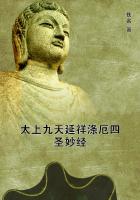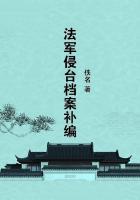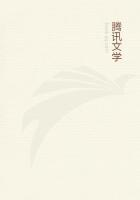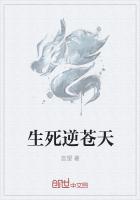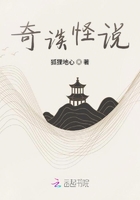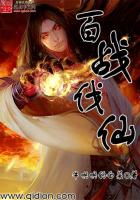Now those in whom nature is the cause of such a state no one would call incontinent, any more than one would apply the epithet to women because of the passive part they play in copulation; nor would one apply it to those who are in a morbid condition as a result of habit. To have these various types of habit is beyond the limits of vice, as brutishness is too; for a man who has them to master or be mastered by them is not ****** (continence or) incontinence but that which is so by analogy, as the man who is in this condition in respect of fits of anger is to be called incontinent in respect of that feeling but not incontinent simply. For every excessive state whether of folly, of cowardice, of self-indulgence, or of bad temper, is either brutish or morbid; the man who is by nature apt to fear everything, even the squeak of a mouse, is cowardly with a brutish cowardice, while the man who feared a weasel did so in consequence of disease; and of foolish people those who by nature are thoughtless and live by their senses alone are brutish, like some races of the distant barbarians, while those who are so as a result of disease (e.g. of epilepsy) or of madness are morbid. Of these characteristics it is possible to have some only at times, and not to be mastered by them. e.g. Phalaris may have restrained a desire to eat the flesh of a child or an appetite for unnatural sexual pleasure; but it is also possible to be mastered, not merely to have the feelings. Thus, as the wickedness which is on the human level is called wickedness simply, while that which is not is called wickedness not simply but with the qualification 'brutish' or 'morbid', in the same way it is plain that some incontinence is brutish and some morbid, while only that which corresponds to human self-indulgence is incontinence simply.
That incontinence and continence, then, are concerned only with the same objects as selfindulgence and temperance and that what is concerned with other objects is a type distinct from incontinence, and called incontinence by a metaphor and not simply, is plain.
6
That incontinence in respect of anger is less disgraceful than that in respect of the appetites is what we will now proceed to see.
(1) Anger seems to listen to argument to some extent, but to mishear it, as do hasty servants who run out before they have heard the whole of what one says, and then muddle the order, or as dogs bark if there is but a knock at the door, before looking to see if it is a friend; so anger by reason of the warmth and hastiness of its nature, though it hears, does not hear an order, and springs to take revenge. For argument or imagination informs us that we have been insulted or slighted, and anger, reasoning as it were that anything like this must be fought against, boils up straightway; while appetite, if argument or perception merely says that an object is pleasant, springs to the enjoyment of it. Therefore anger obeys the argument in a sense, but appetite does not. It is therefore more disgraceful; for the man who is incontinent in respect of anger is in a sense conquered by argument, while the other is conquered by appetite and not by argument.
(2) Further, we pardon people more easily for following natural desires, since we pardon them more easily for following such appetites as are common to all men, and in so far as they are common; now anger and bad temper are more natural than the appetites for excess, i.e. for unnecessary objects. Take for instance the man who defended himself on the charge of striking his father by saying 'yes, but he struck his father, and he struck his, and' (pointing to his child)'this boy will strike me when he is a man; it runs in the family';or the man who when he was being dragged along by his son bade him stop at the doorway, since he himself had dragged his father only as far as that.
(2) Further, those who are more given to plotting against others are more criminal. Now a passionate man is not given to plotting, nor is anger itself-it is open; but the nature of appetite is illustrated by what the poets call Aphrodite, 'guile-weaving daughter of Cyprus', and by Homer's words about her 'embroidered girdle':
And the whisper of wooing is there, Whose subtlety stealeth the wits of the wise, how prudent soe'er.
Therefore if this form of incontinence is more criminal and disgraceful than that in respect of anger, it is both incontinence without qualification and in a sense vice.
(4) Further, no one commits wanton outrage with a feeling of pain, but every one who acts in anger acts with pain, while the man who commits outrage acts with pleasure. If, then, those acts at which it is most just to be angry are more criminal than others, the incontinence which is due to appetite is the more criminal; for there is no wanton outrage involved in anger.


